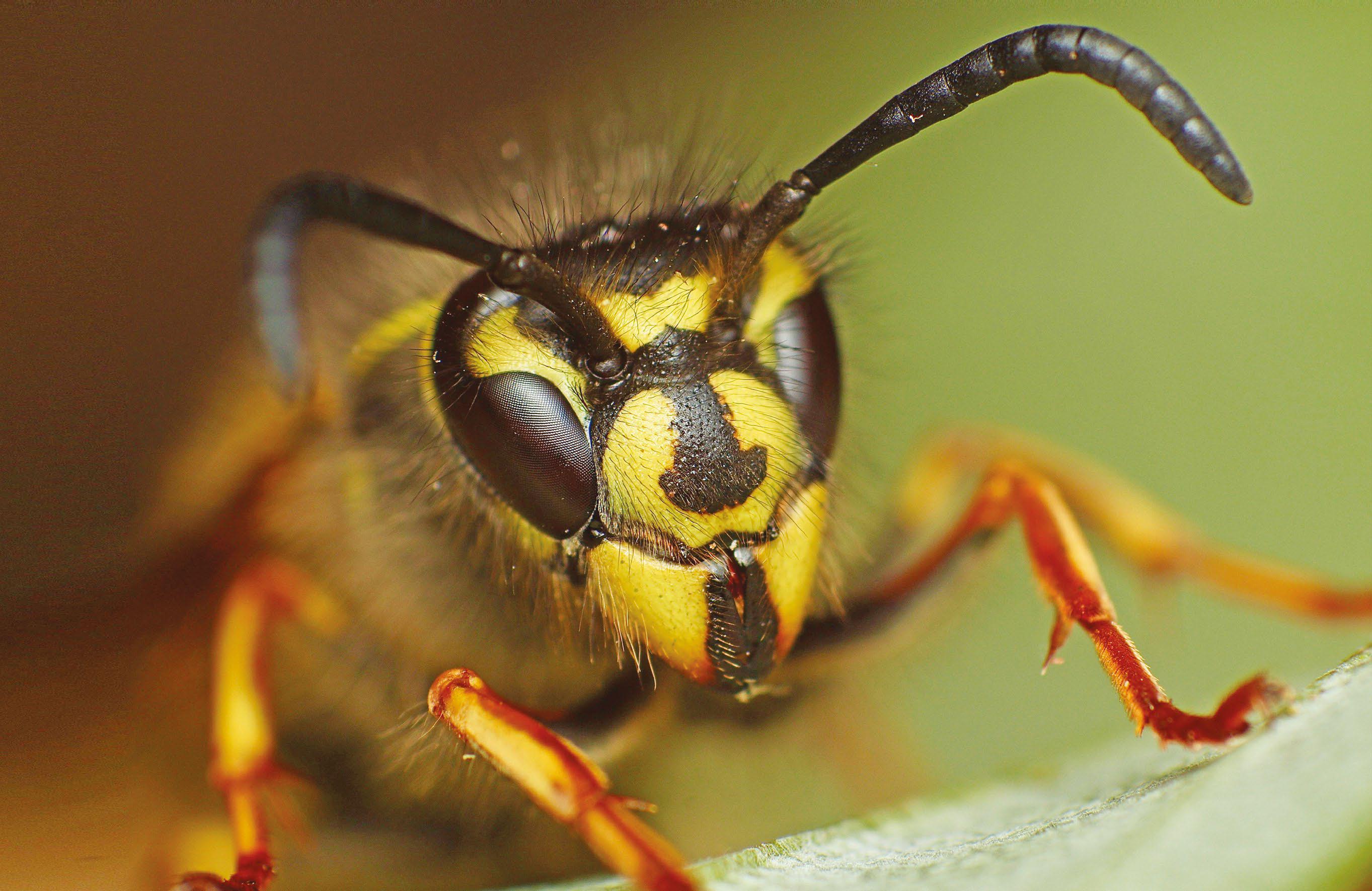
Summer is the perfect season to have a picnic. Sitting on the grass with sandwiches, fruit and cake feels like an ideal way to spend the day. However, that joy can quickly be shattered by the arrival of a wasp. These annoying buzzy insects have a terrible reputation.
The same can’t be said for their honey-making relatives. Bees are seen by many as cute and cuddly, and humans are very keen to protect them. If someone spots a tired bee on the floor, they might give it a little bit of sugar and water to help it get moving again. While bees have developed a positive public image, wasps are seen as much more aggressive and scary. But are wasps really as bad as people think?
Many people don’t realise it, but wasps can play a very important role as local pest controllers. In fact, each summer, wasps in the UK catch an estimated 14 million kilograms of insect prey, like caterpillars, spiders and aphids. This is important for protecting plants in people’s gardens, which could otherwise be infested with bugs. Adult wasps don’t eat the insects that they kill. Instead, they capture bugs and take them back to their nest for their young to feed on.
Denne historien er fra Issue 65-utgaven av The Week Junior Science+Nature UK.
Start din 7-dagers gratis prøveperiode på Magzter GOLD for å få tilgang til tusenvis av utvalgte premiumhistorier og 9000+ magasiner og aviser.
Allerede abonnent ? Logg på
Denne historien er fra Issue 65-utgaven av The Week Junior Science+Nature UK.
Start din 7-dagers gratis prøveperiode på Magzter GOLD for å få tilgang til tusenvis av utvalgte premiumhistorier og 9000+ magasiner og aviser.
Allerede abonnent? Logg på

Are cats smarter than dogs?
They're the UK's top pets, but which is more intelligent? You decide!

Could people turn Mars into another Earth?
Sven Bilén explores how humans might make a home on another world.

FUNNY BY NATURE
Claire Karwowski tracks down the wackiest wildlife that's cracking up the animal kingdom.

WEIRD SCIENCE
A round-up of the strangest science stories from around the world.

Guardians of the forest
Meet the incredible people protecting the Amazon rainforest.

The Mariana Trench
Dive in to find out how far down the ocean goes and what it's really like at the bottom.

Megan McCubbin
Meet the zoologist trying to change people's views of animals with a bad rep.

MAX POWER
From the second you wake up in the morning, your way of life is made possible thanks to the amazing power of electricity.

Your heart has a "brain"
New research by scientists at Sweden, and Columbia University, in the US, suggests that your heart could have its own \"mini brain\".

Ethiopian wolves could be furry pollinators
Sweet-toothed Ethiopian wolves have been seen lapping up nectar have been seen happing up nectar from red hot poker flowers.